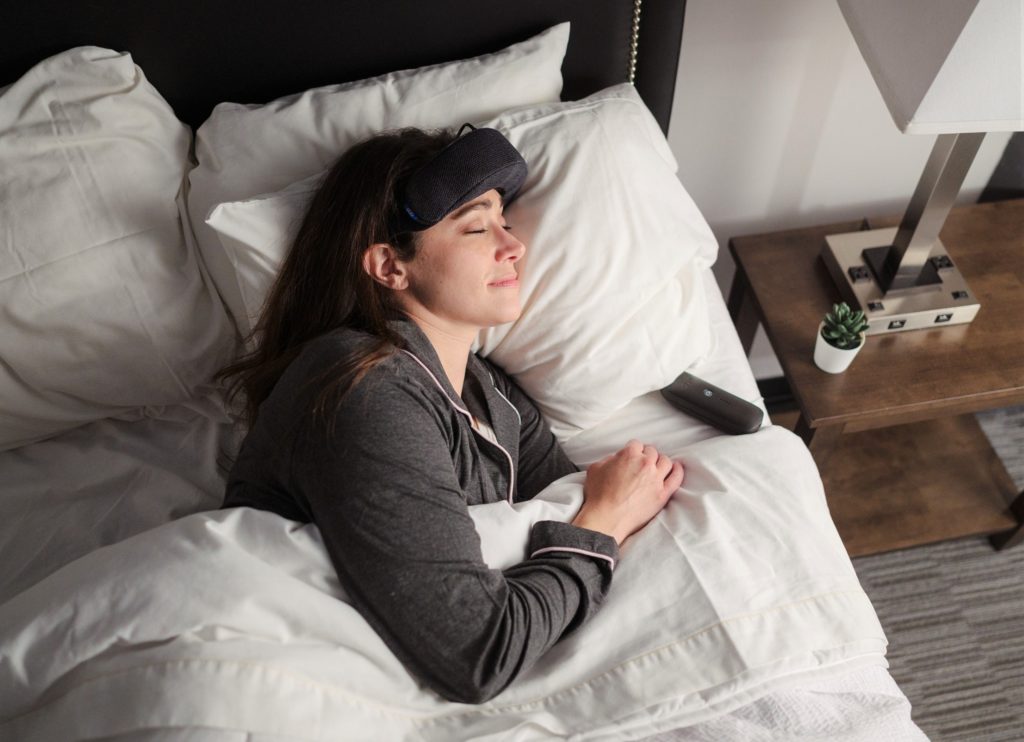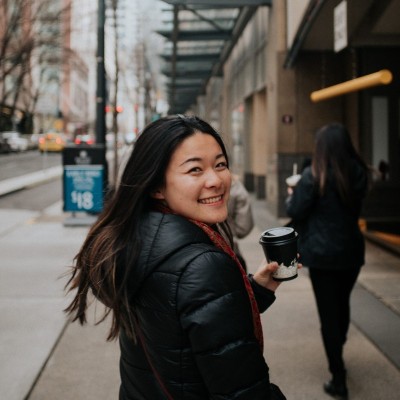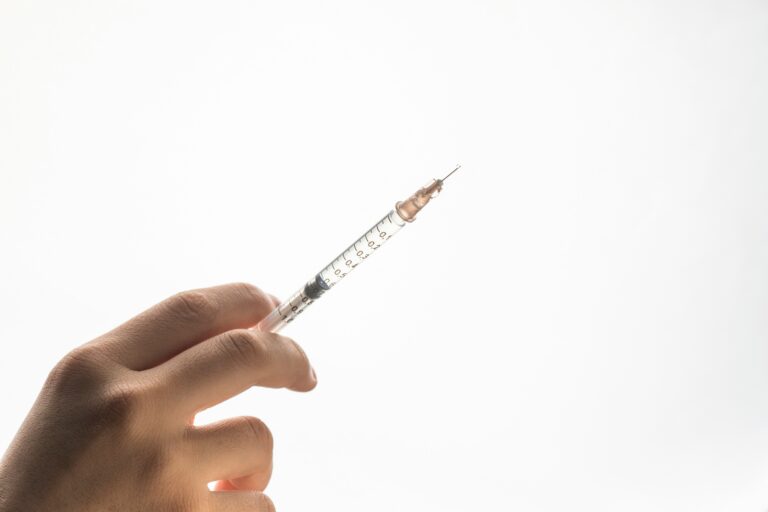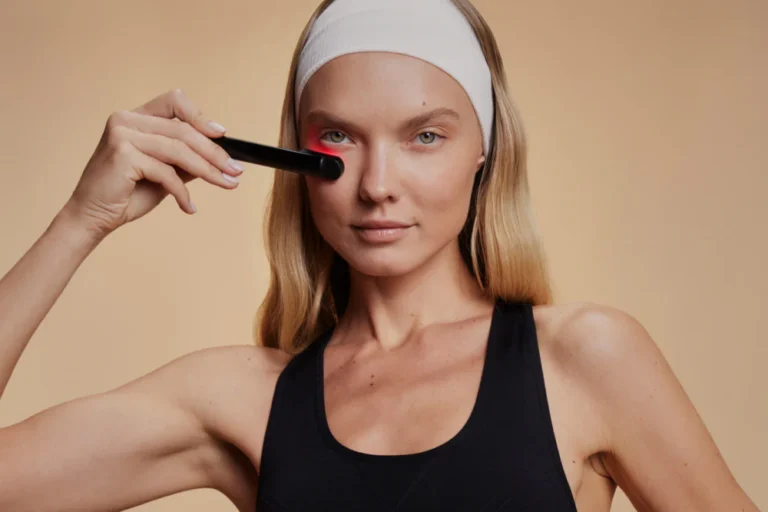A potential benefit of being home-bound from the pandemic, people seem to be sleeping more.
With commutes axed and social activities paused, Fitbit found that users got an average of 17 minutes more sleep per night than they did before quarantine.
Yet despite more time in our beds, we don’t seem to be sleeping better. The pandemic has severely disrupted the quality of our sleep, in what some are dubbing “coronasomnia.”
- Four in 10 people report having trouble sleeping during the pandemic.
- Only 7.7% of survey respondents described their sleep as “very good” (down from 39.4%).
Counting sheep. Now, as consumers shift away from hustle culture and towards high performance, all-nighters are no longer a badge of honor. Consumers are discovering a newfound respect for hitting the hay:
- Mattress and sleep accessory sales hit record highs during the pandemic.
- Consumers in the US spent $826M on melatonin supplements in 2020 — a robust 42.6% YoY increase.
With consumer demand budding and a $585B economy ripe for disruption, sleep companies are gearing up.
- Smart mattress maker Eight Sleep just raised another $86M and has partnered with Barry’s to help enhance users’ training and recovery.
- In August, Supermoon Capital launched a $36M venture fund to invest in sleep research.
- Ebb ($37M), Bryte ($24M), and Rise Science ($15.5M) all led strong funding rounds this year.
Big Tech is ramping up as well — Amazon has received FCC approval to develop devices for sleep monitoring, including sleep apnea detection in its Alexa devices, while Google’s Nest Hub launch in March debuted contactless sleep monitoring.
Tossing and turning. It’s not all smooth sailing. Sleep tracking holds many of the same pitfalls as health tracking, and many believe that consumer-grade sleep tech has a long way to go.
Meanwhile, sleep aids like melatonin are under increased scrutiny; studies have found that the amount of melatonin in a pill—in the same bottle—can vary up to 465%.
Takeaway: Even before people knew the word COVID, we as a nation have been suffering from subpar sleep habits—as we detailed in Issue No. 67, a staggering one-third of US adults didn’t get enough sleep before 2020. But now, with the pandemic newly highlighting our poor health habits, companies are catering to consumers who want to rest easy.






